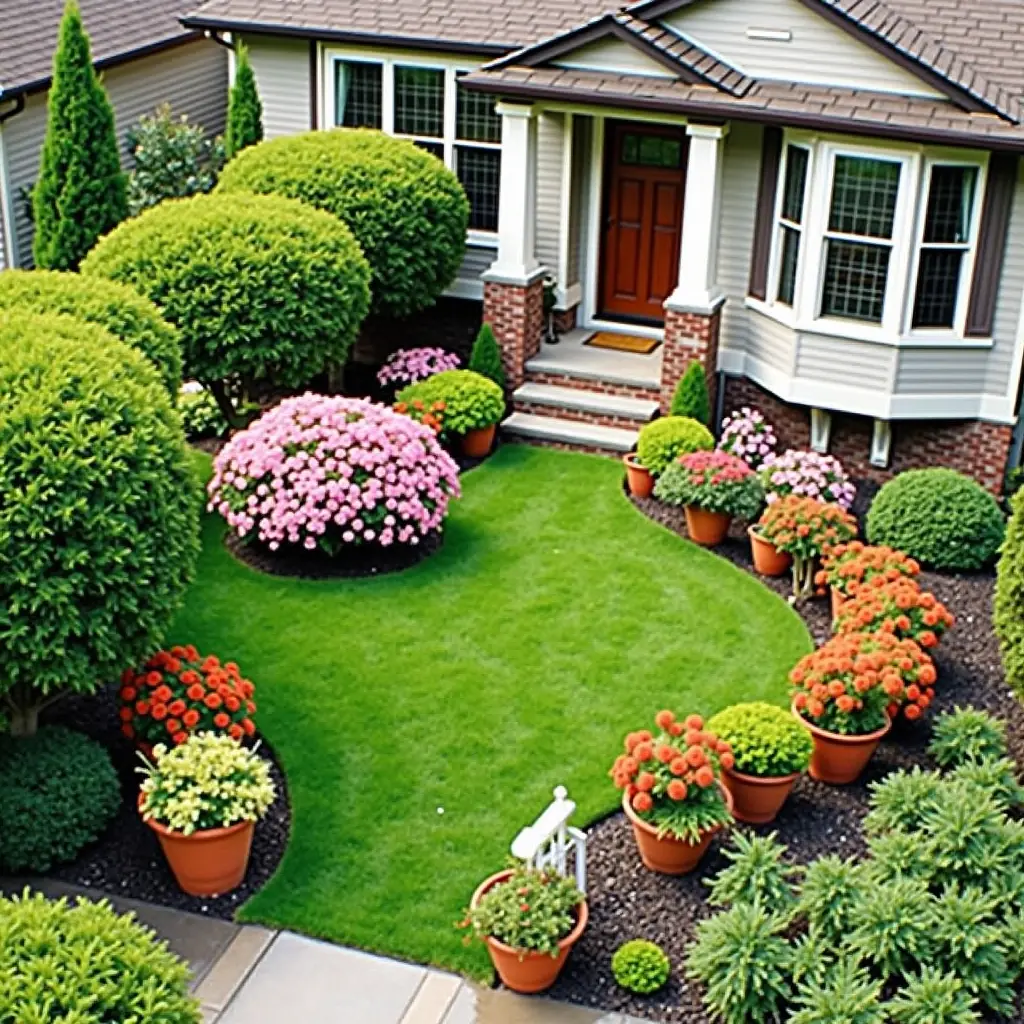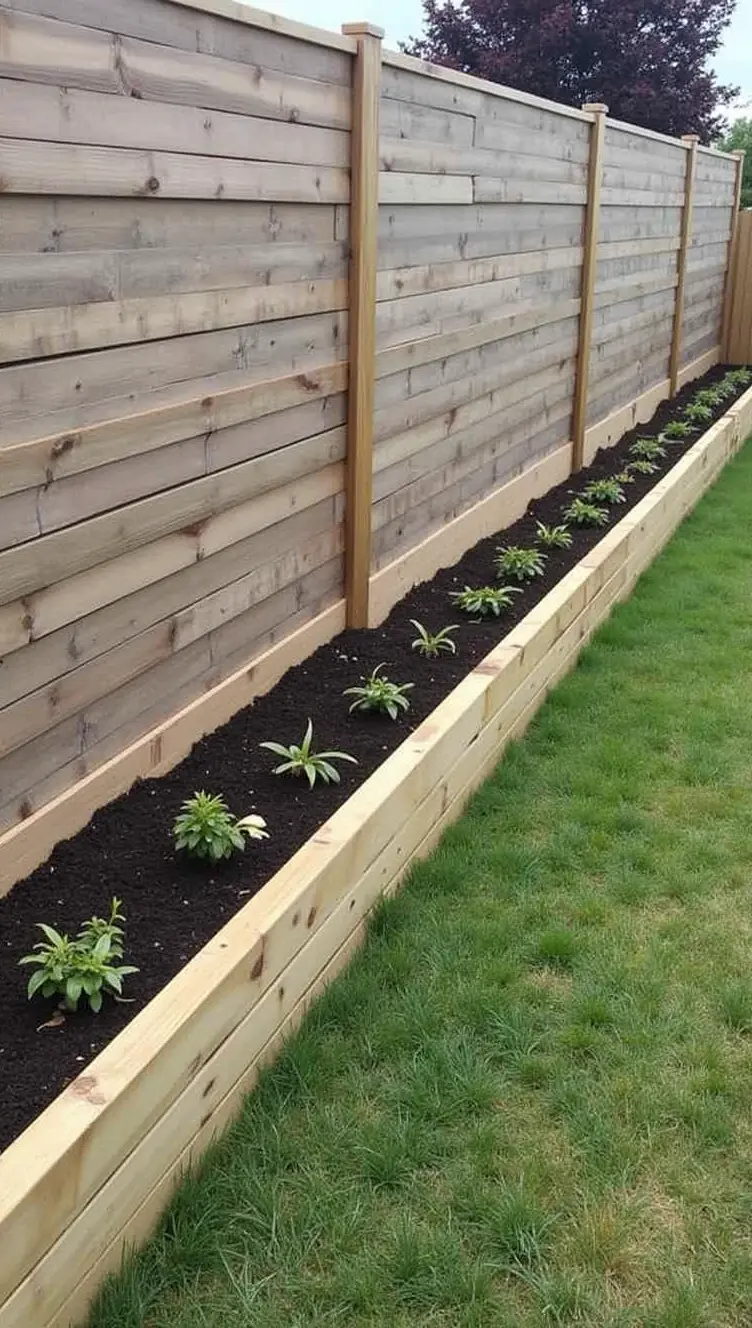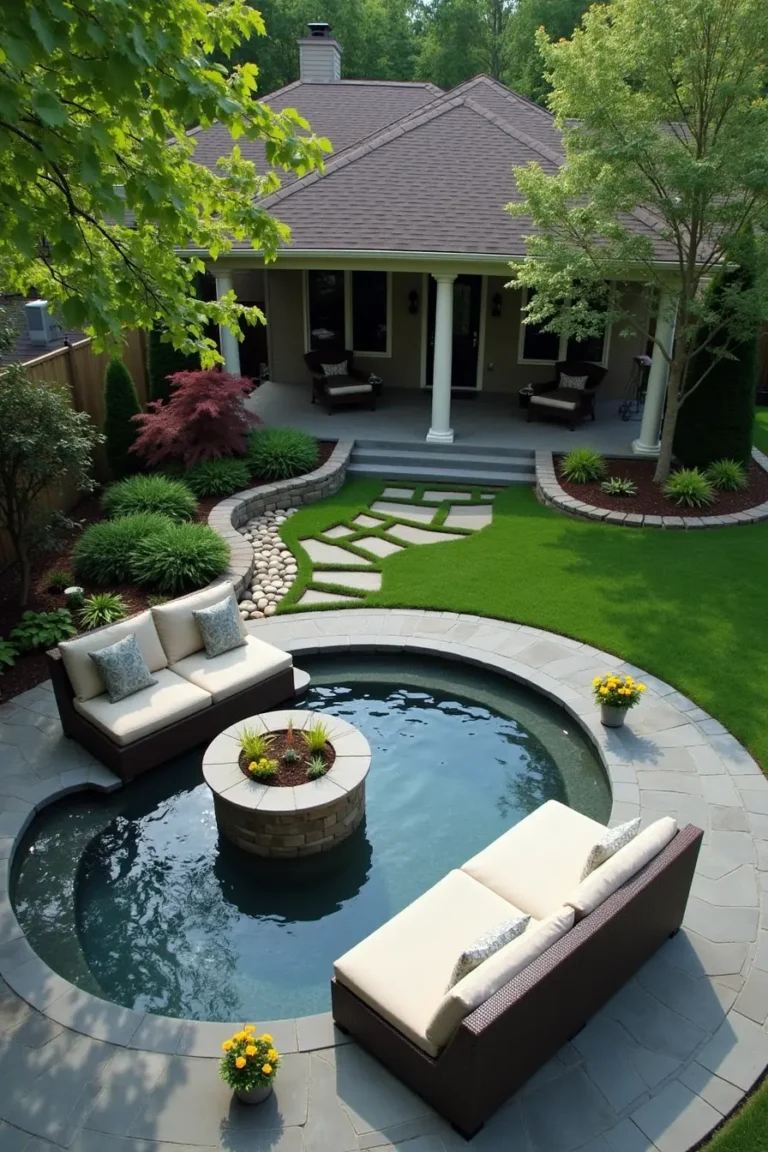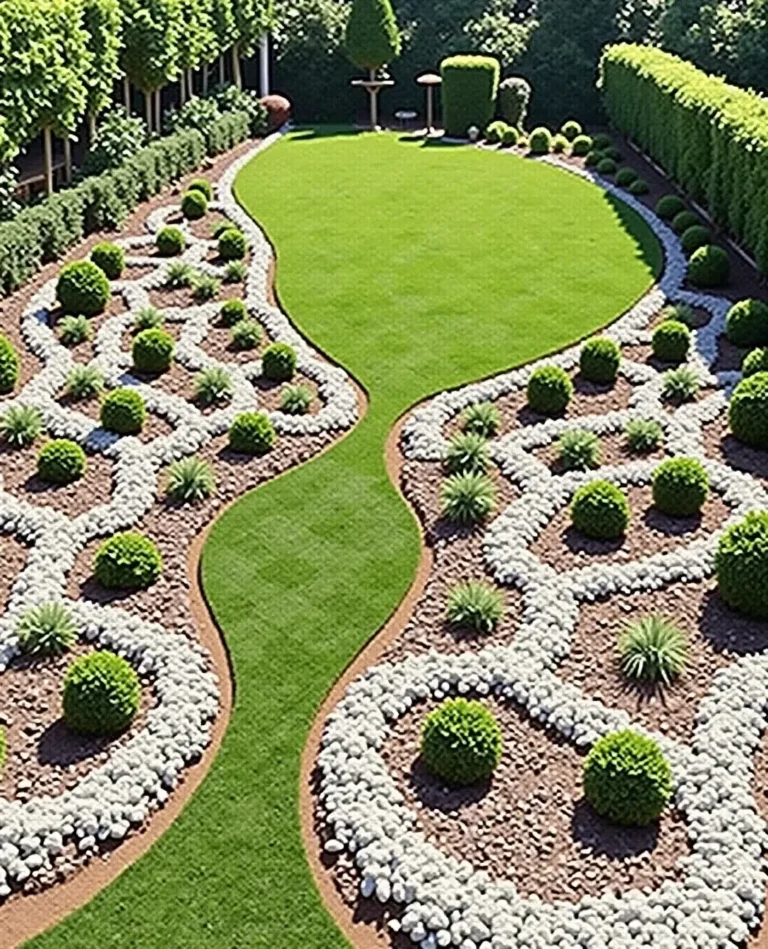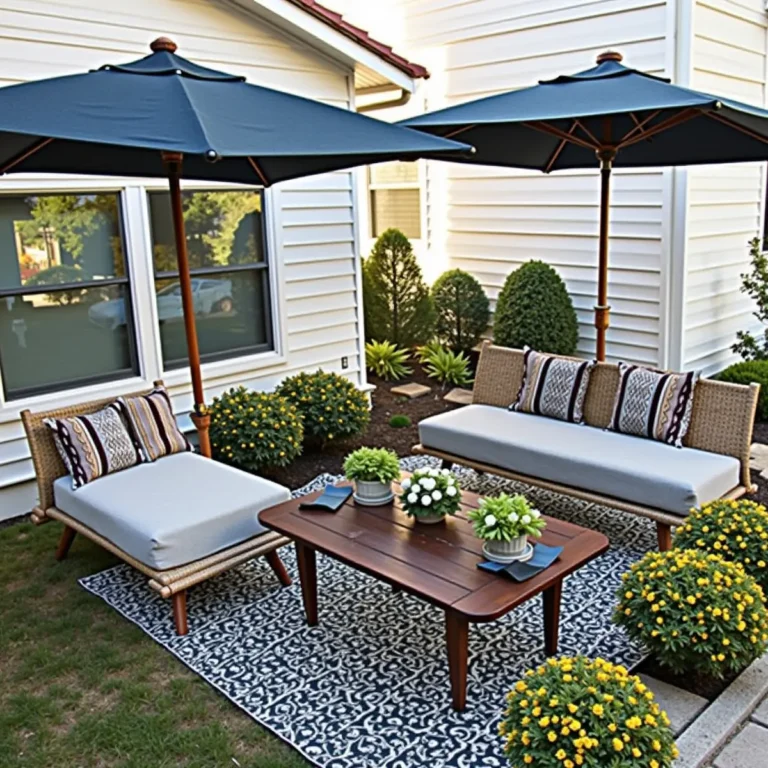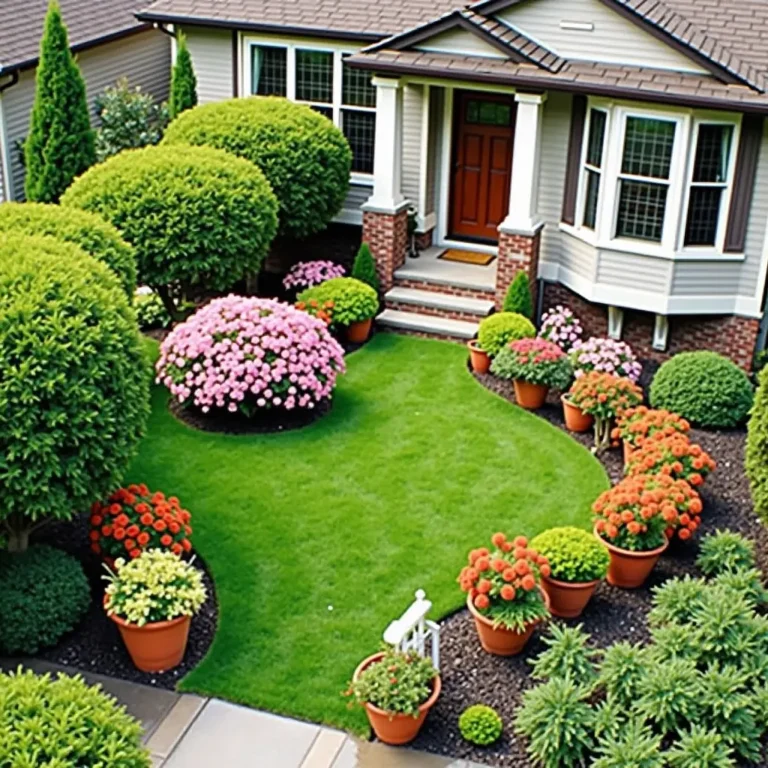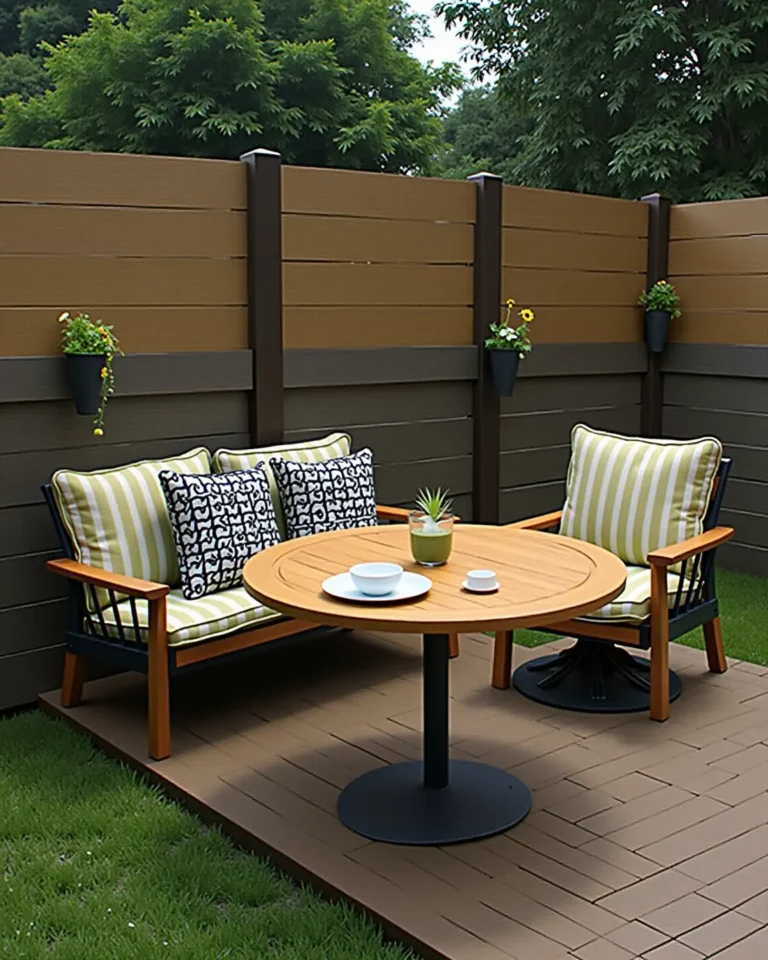Understanding Landscapers vs Landscape Designers Today
Understanding the Differences: Landscaper vs. Landscape Designer
When it comes to transforming outdoor spaces, two terms often come up: landscaper and landscape designer. While they may seem interchangeable at first glance, understanding the distinct roles can make a world of difference in achieving your desired outdoor aesthetic. Let’s take a journey through the world of landscaping to uncover the nuances between these two crucial professions.
The Role of a Landscaper
Imagine walking into a vibrant garden, where every flower blooms in perfect harmony and the grass feels like a soft carpet beneath your feet. Behind this picturesque scene is often the work of a landscaper. Landscapers are the hands-on practitioners who bring visions to life, operating primarily on the execution side of landscaping projects.
Landscapers are typically responsible for:
- Installation of gardens, lawns, and hardscapes (like patios, walkways, and retaining walls)
- Planting trees, shrubs, and flowers according to a design
- Maintaining and caring for outdoor spaces through mowing, pruning, and fertilizing
- Managing irrigation and drainage systems to ensure healthy plant growth
For example, if you envision a tranquil garden with a winding path and a colorful array of plants, a landscaper will take that design and make it a reality. They have the tools and expertise to carry out the physical work involved in bringing that vision to life.
The Role of a Landscape Designer
Now, let’s step back and consider the role of a landscape designer. Picture a talented artist or architect, meticulously planning out a composition that reflects beauty and functionality. Landscape designers focus on the planning and design aspect of outdoor spaces.
Some key responsibilities of landscape designers include:
- Creating conceptual layouts and designs using knowledge of horticulture and environmental sustainability
- Working with clients to understand their needs, tastes, and budget
- Generating detailed plans, blueprints, or sketches to guide implementation
- Selecting the right plants and features based on climate, soil, and design preferences
For instance, if you want a sustainable garden that encourages biodiversity while reflecting your personal style, a landscape designer will help formulate a thoughtful plan that balances aesthetics with ecological considerations. They take into account the sun’s path, water usage, and soil conditions to create harmonious landscapes.
Key Differences between Landscaper and Landscape Designer
Now that we’ve explored the roles in detail, let’s break down the core differences:
| Aspect | Landscaper | Landscape Designer |
|---|---|---|
| Primary Focus | Implementation and maintenance of designs | Planning and designing outdoor spaces |
| Skill Set | Hands-on skills, physical labor | Creative design skills, plant knowledge |
| Educational Background | On-the-job training, experience | Formal education in landscape architecture/design |
| Client Engagement | Often works from provided designs | Collaborates with clients to create custom designs |
In summary, landscapers are the skilled labor force that makes designs come alive, while landscape designers are the visionaries who create the plans. Both are essential for achieving stunning and functional outdoor spaces.
FAQs: Landscapers vs. Landscape Designers
1. Can a landscaper also be a landscape designer?
Yes, many landscapers have design skills and can offer both services, but not all do. It’s important to clarify their expertise and experience when hiring.
2. Which professional should I hire for my project?
If you need a garden designed from scratch, consider hiring a landscape designer. If you already have a design and need someone to implement it, a landscaper would be ideal.
3. How can I find reputable landscapers and landscape designers?
Look for reviews online, ask for referrals from friends, and check their portfolios. Professional organizations often have directories as well.
4. Are landscape designers more expensive than landscapers?
Generally, landscape designers tend to charge more due to their training and expertise, but the investment can lead to more efficient and beautiful results.
5. What qualifications should I look for in a landscape designer?
Check for a degree in landscape architecture or design, certifications, and membership in professional organizations which can indicate credibility and expertise.
Understanding the distinctions between a landscaper and a landscape designer can greatly enhance the effectiveness of your outdoor project. By knowing who to hire for your specific needs, you can create the lush, inviting space you’ve always dreamed of!
“
